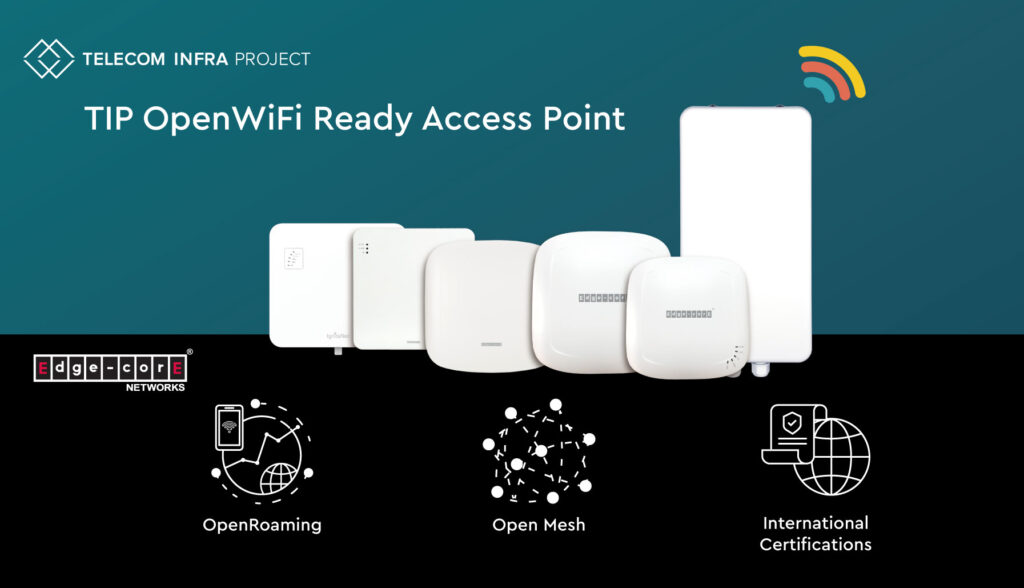OpenWiFi and the Telecom Infra Project (TIP)

OpenWiFi is an open-source platform that allows individuals, regardless of their technical expertise, to set up and operate wireless internet networks. It utilizes off-the-shelf hardware and open-source software to create networks that can provide internet access to a broad area. The open-source nature of OpenWiFi allows for continuous innovation and improvement by the community. Additionally, OpenWiFi is scalable, making it suitable for creating networks of various sizes, from small local networks to large-scale networks covering entire cities or regions. This scalability makes it an ideal solution for providing internet access in remote or underserved areas where traditional telecommunications infrastructure may be lacking.
The OpenWiFi platform is designed to make it easy for anyone to set up and operate a wireless
The Telecom Infra Project (TIP) is a consortium of leading technology companies, including Facebook, Intel, Nokia, and SK Telecom. Founded in 2016, TIP aims to create more affordable and efficient telecommunications infrastructure. It focuses on developing new technologies to reduce the cost of telecommunications infrastructure. For instance, TIP is working on millimeter-wave technology to provide high-speed internet access over long distances at a lower cost compared to traditional wireless technologies. Additionally, TIP is developing software-defined networking (SDN) and network functions virtualization (NFV) to simplify and reduce the cost of managing and operating telecommunications networks.
TIP also has programs like OpenCellular, which focuses on developing low-cost, open-source cellular network infrastructure. This can be particularly beneficial in remote areas where traditional cellular networks are unavailable or unaffordable. Another initiative, OpenRAN, is aimed at developing open-source radio access network (RAN) technology to create more flexible and cost-effective RAN networks.
Overall, OpenWiFi and TIP are both exciting initiatives
However, both OpenWiFi and TIP face challenges. They need to develop and deploy their technologies on a large scale to have a meaningful impact on global connectivity. This requires significant investment in infrastructure and partnerships with governments, telecommunications companies, and other organizations. Additionally, the need for continuous innovation in the rapidly evolving field of telecommunications is a challenge.
In conclusion, OpenWiFi and TIP are promising initiatives with the potential to significantly improve global connectivity, especially in remote and underserved areas. Through easy-to-use, scalable, and affordable solutions, they can help bridge the digital divide. However, achieving this will require overcoming challenges such as scaling and continuous innovation.
